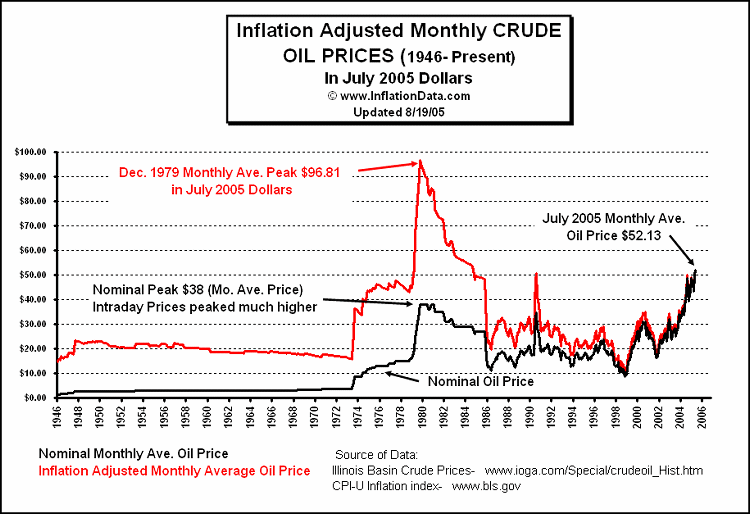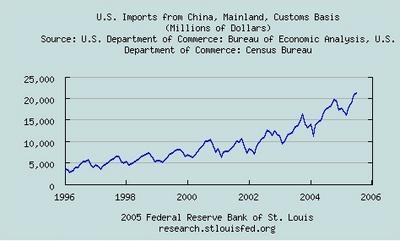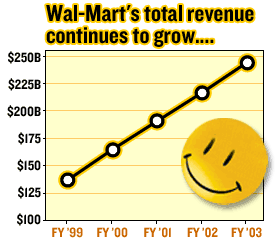147. THE DEBT VIRUS HYPOTHESIS
Many peak oilers are opposed to the current economic system because it must grow to function, and they fear growth. In their view, human beings are yeast in a petri dish, and if we keep growing, we will overshoot and die-off, suffocating in our own waste. Therefore growth must be stopped, and the only way to do that is to somehow restructure the economy.
It is true that the economy must grow, but the economic system is a complex thing, so let's take it one step at a time. Why is it that the economy must grow? Heinberg blames it on the monetary system, more specifically, "debt money" and interest:
The mania for growth is not merely a personal pathology, or even a problem of economic ideology; it is structurally embedded in most national monetary systems. Currently, most money is loaned into existence by banks and is thus based on debt and implies a commitment to pay interest on that debt. If the economy does not grow, new money will not be created to pay interest on existing loans; those loans will thus be defaulted upon, and a crash will occur. It is essentially impossible to achieve a static or controllably contracting economy with a debt-based currency. Therefore, if we are to achieve a reduced-scale, steady-state society, we will need to change our monetary system to one that is not based on debt and interest.SourceThis theory -- that new money must be loaned into existence in order to pay interest on existing loans -- is called the "Debt Virus Hypothesis" (DVH). It was popularized by Jacques Jaikaran in his 1995 book Debt Virus: A Compelling Solution to the World's Debt Problems. (As a point of human interest, we should probably note that Jaikaran is not an economist or a banker. He's a plastic surgeon from Texas, who was involved in the right-wing "Republic of Texas" movement and arrested for tax fraud. Source.)
Succinctly put, the DVH says this: When bankers create new money by issuing a loan, they only create the amount loaned, not the interest. So where does the new money to pay the interest come from? It can only come into existence through a new loan being made, and therefore the monetary system requires endless growth to avoid collapse.
But something is fishy here: Why does the money to pay the interest have to be "new" money? Suppose the bank loans out $100 and wants $110 back ($100 + $10 interest) . Why can't the $10 be "old" money -- i.e. money which is already in the economy and is idle at the moment?
The fallacy of the "Debt Virus" hypothesis is that it assumes, nonsensically, that all of the billions upon billions of dollars already existing in the economy cannot be used to pay a newly created interest obligation. It says that money for paying a particular interest obligation must be specially created. It sets up a false 1-to-1 correspondence between particular sums of money and particular debts. The fact is, the self-same $10 bill can be used to pay off any number of debts; today it pays my interest, 15 minutes later it pays yours. It's not a zero-sum game where me paying my interest somehow shuts you out from paying yours.
At this point, a defender of the DVH might say: "But you can't pay interest with money that's already been created! It was loaned into existence!" This is just a red herring.
The fact that money was loaned into existence doesn't prevent anybody, in any way, from using it to pay interest. It's simple really; I'll show you how it's done. My buddy Earl calls me up and says: "Hey, you remember that $100 you owe me?" I write him a check off my account, it clears, and he uses it to pay interest on his mortgage. Voila. Earl just paid off interest with money which was loaned into existence -- i.e. the money I took out of my checking account. Earl paid off the interest with "old" money, and no new money needed to be created. Kind of mind-boggling, ain't it?
Even more amazing is the fact that that $100 just keeps on going... The bank uses it to pay interest on one of their loans from another bank, and that bank in turn pays it out to Grandma Peasoup as interest on a CD, and she uses the $100 to pay interest on her mortgage.
For an even more astounding demonstration of this magic, suppose we have a billion broke hobos lined up, starting with Abe, Bob, Cliff.... and ending with Yordo and Zeke (there's a lot of Mikes in the middle). Abe takes $10 out of his pocket and loans it to Bob, provided that he pays back the $10 plus $1 in interest. Bob says okay, and makes the same loan to Cliff, and of course Cliff makes the same loan to Dave etc. etc. until Yordo loans the money to Zeke.
Total indebtedness at this point: $10 billion
Total interest due: $1 billion
Wow! Where in the hell are these guys going to come up with that kind of cash? Between them they've only got a couple thousand, and there's no way a bank is going to loan a bunch of penniless hobos billions of dollars. But some bank has to. Right? According to Heinberg, somebody somewhere has to loan a whole new $1 billion into existence to pay the hobo interest. Is all hope lost?
Nah... Zeke just takes a swig off his flask, pulls a buck out of his wallet and pays off the 11$ he owes to Yordo, Yordo does the same with Xavier etc. etc. until Bob pays off Abe. It's like a big zipper. Isn't that fucking incredible? We just paid off $1 billion in interest with 1 measly buck.
More info on the DVH
















